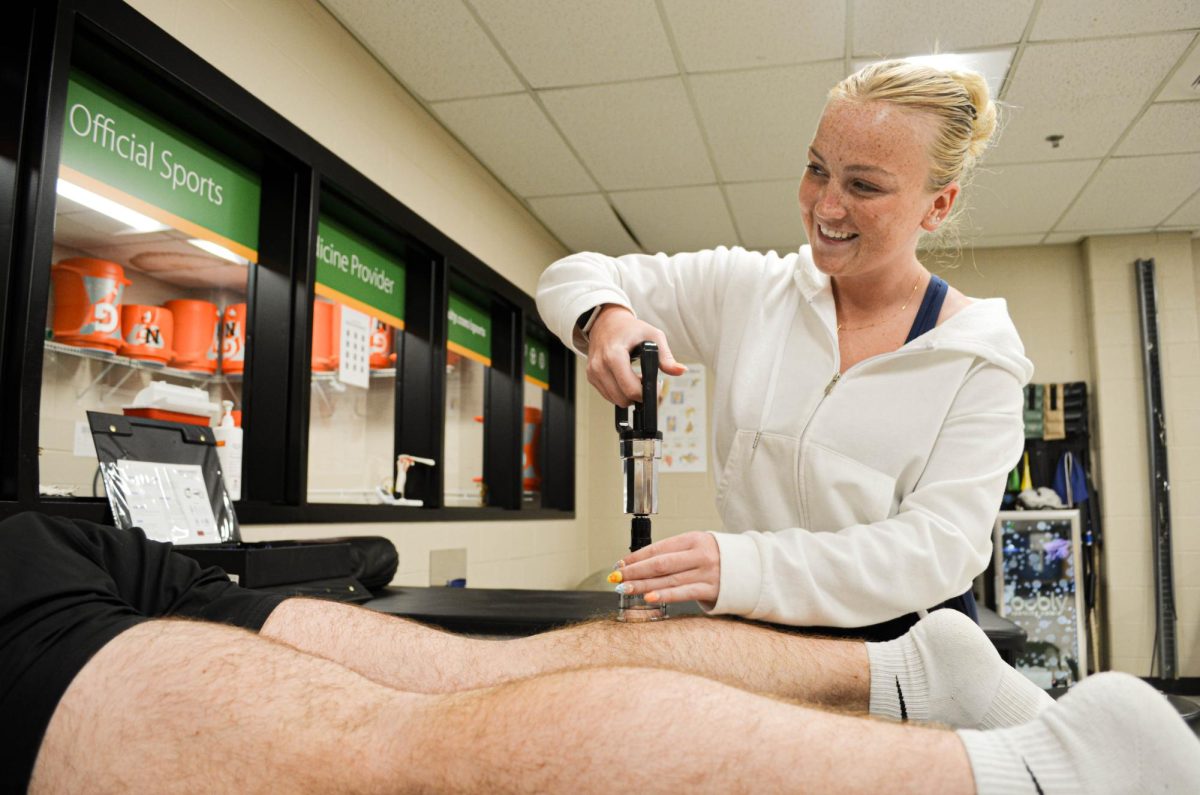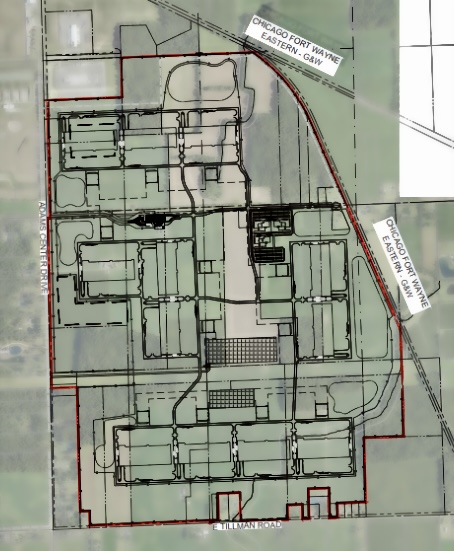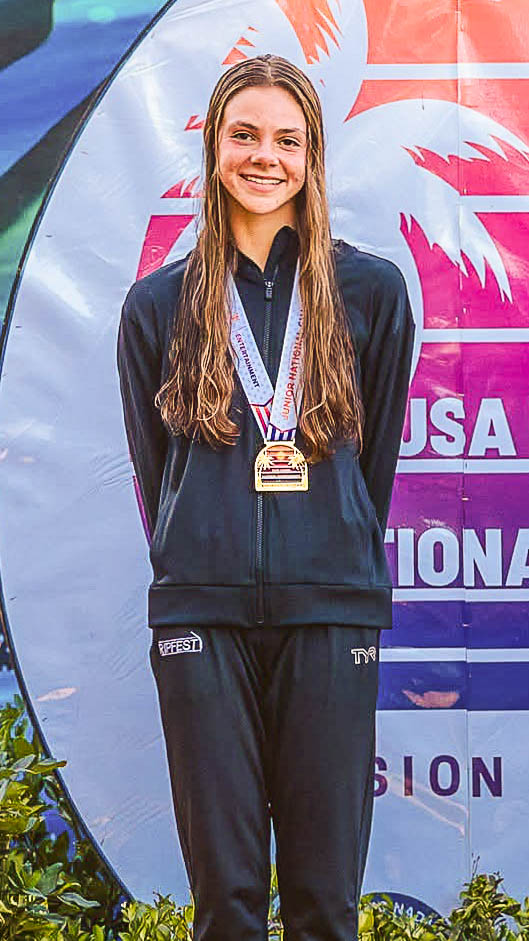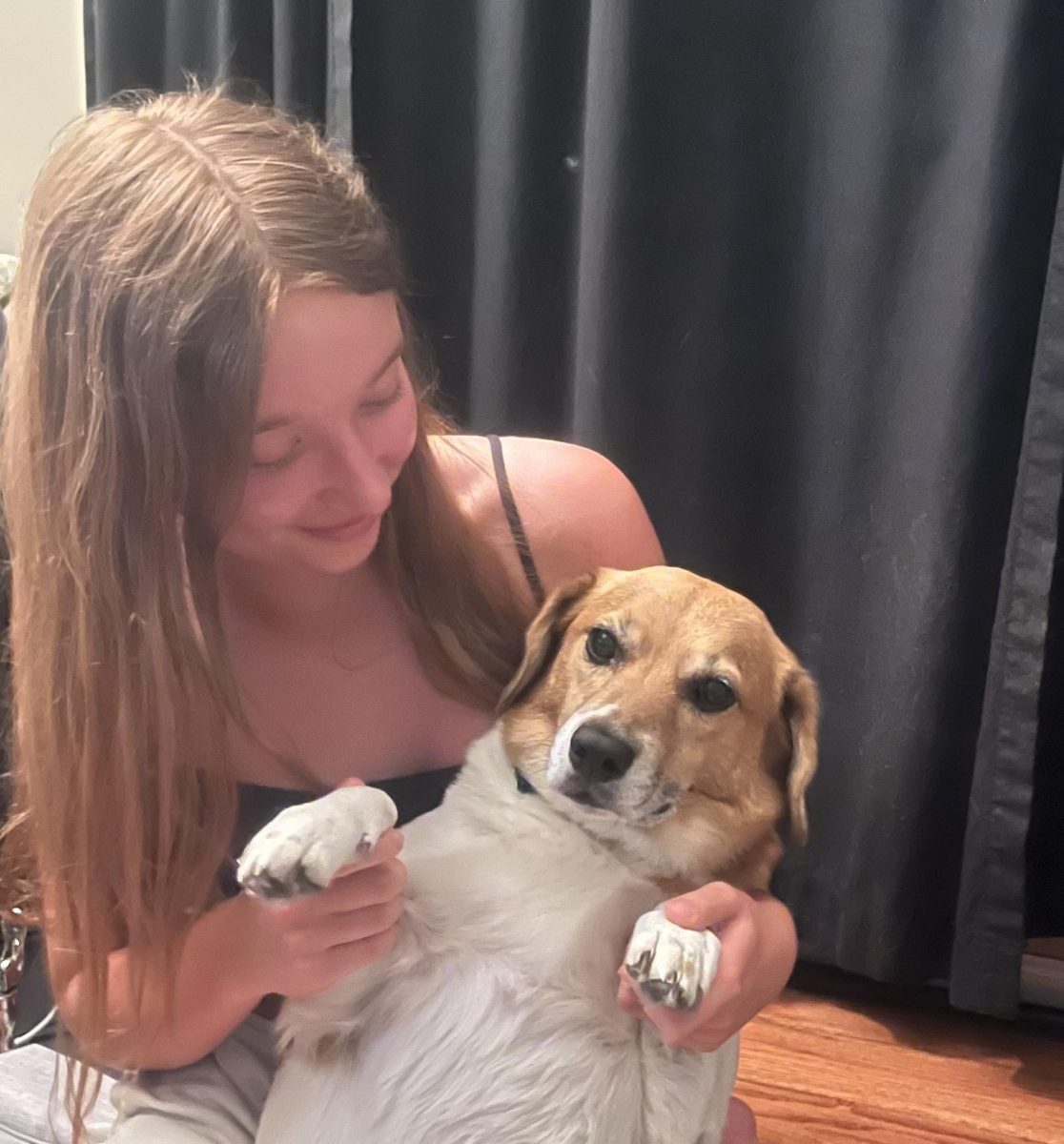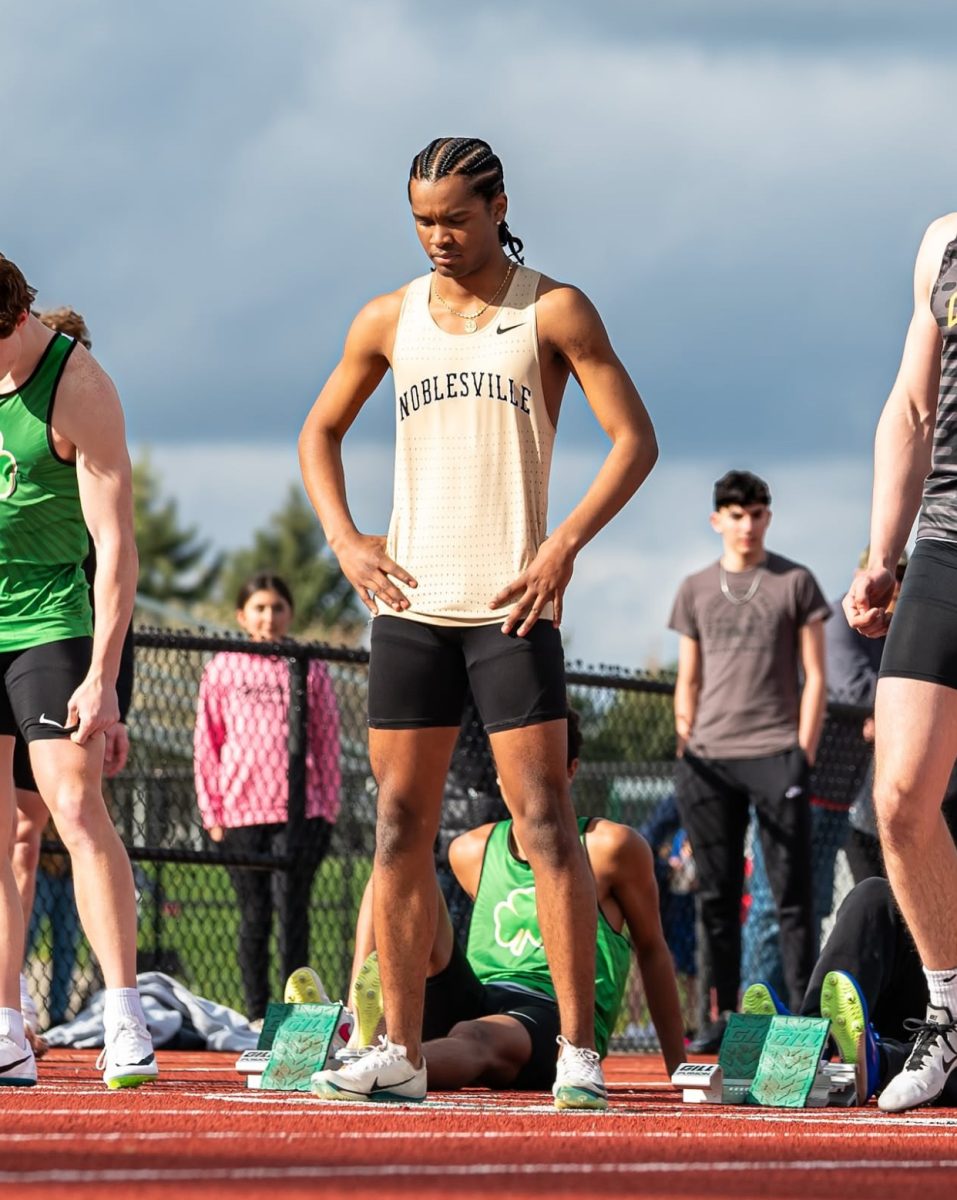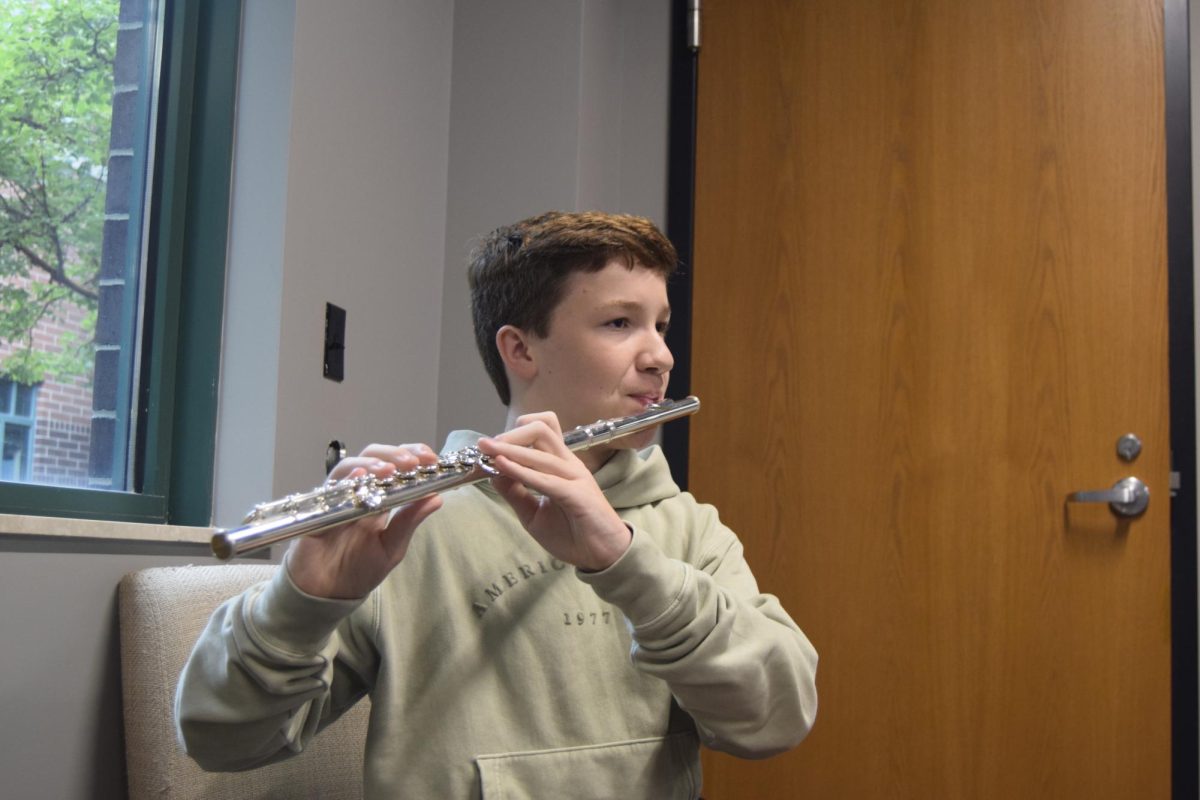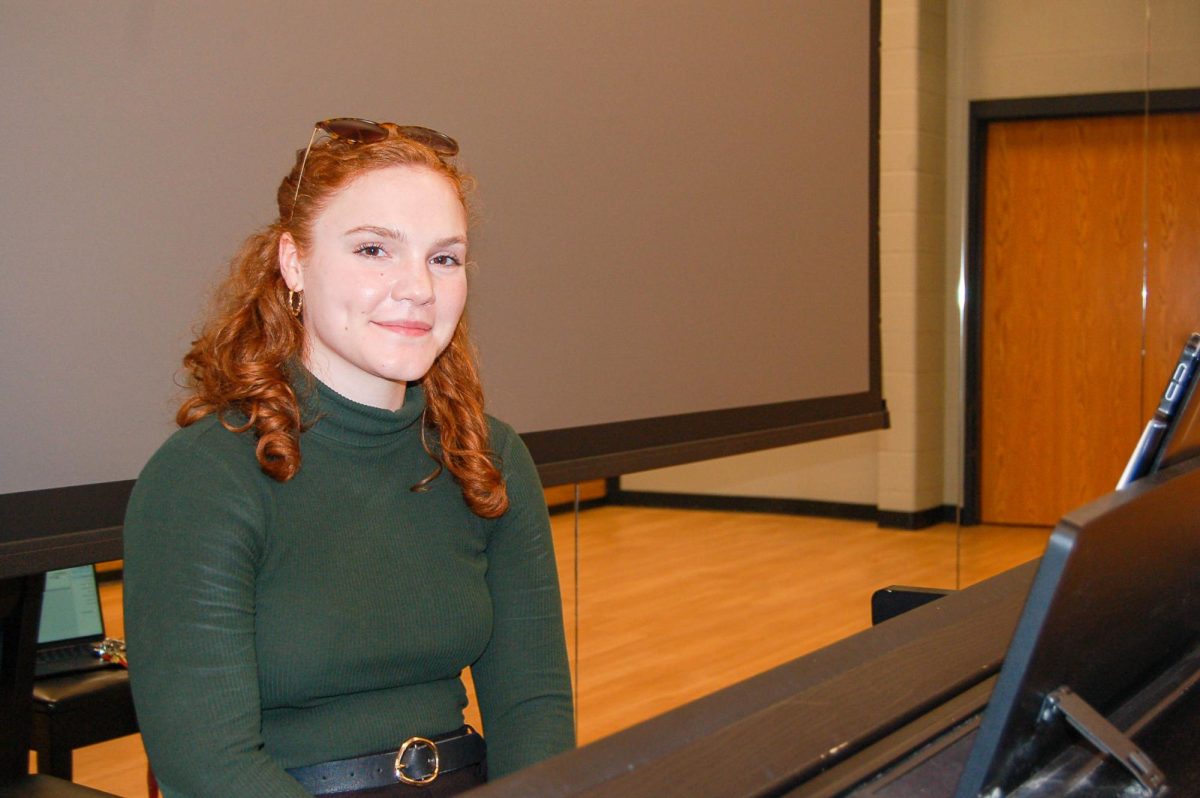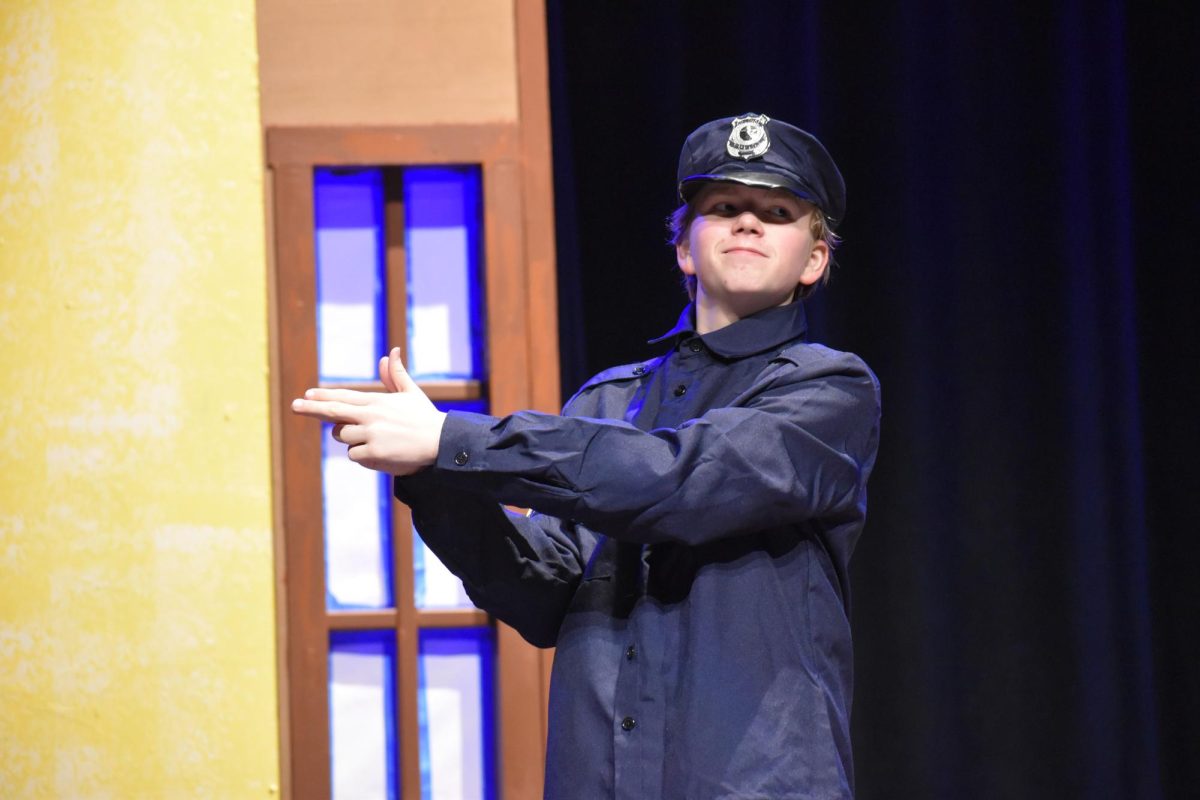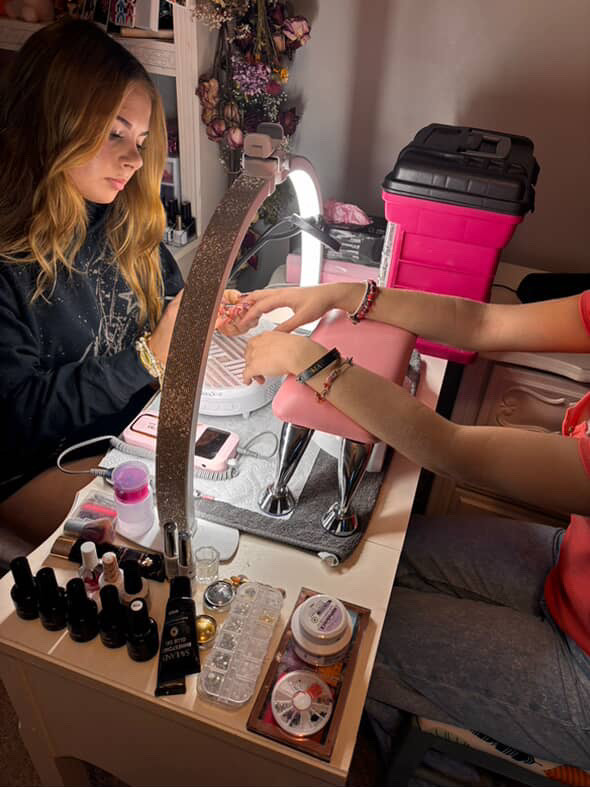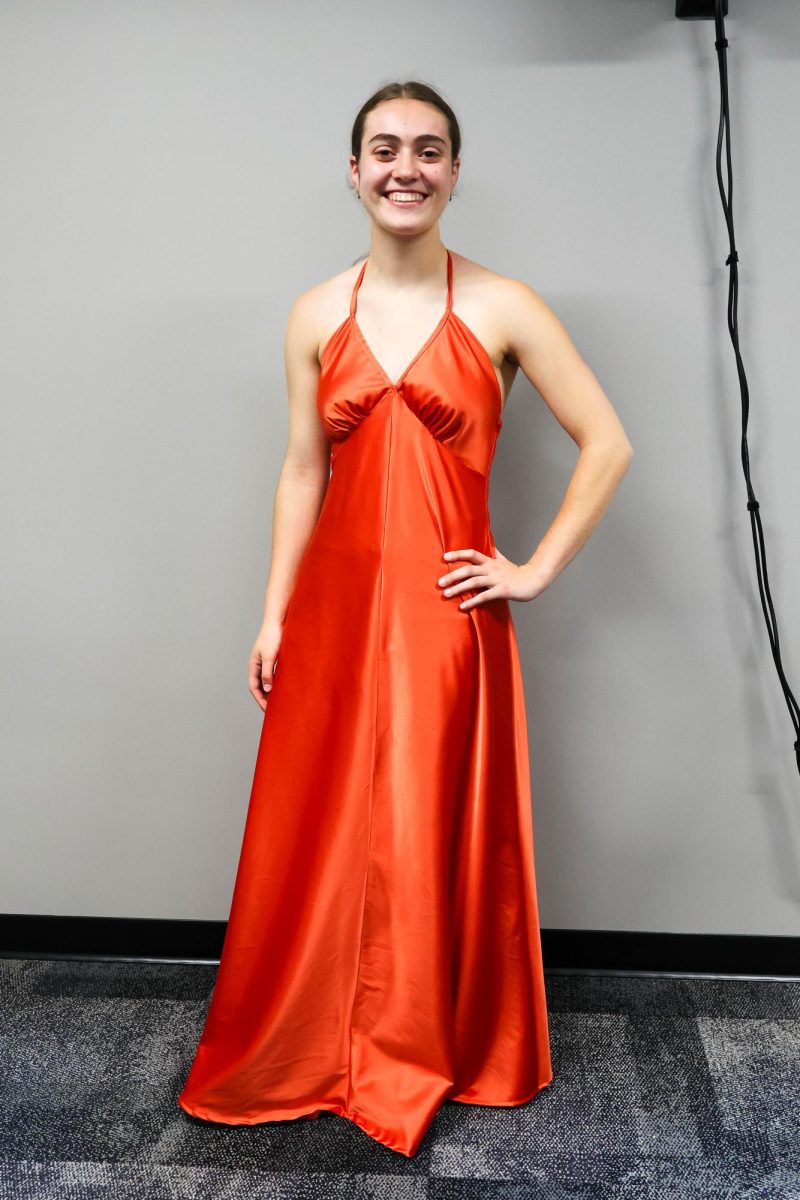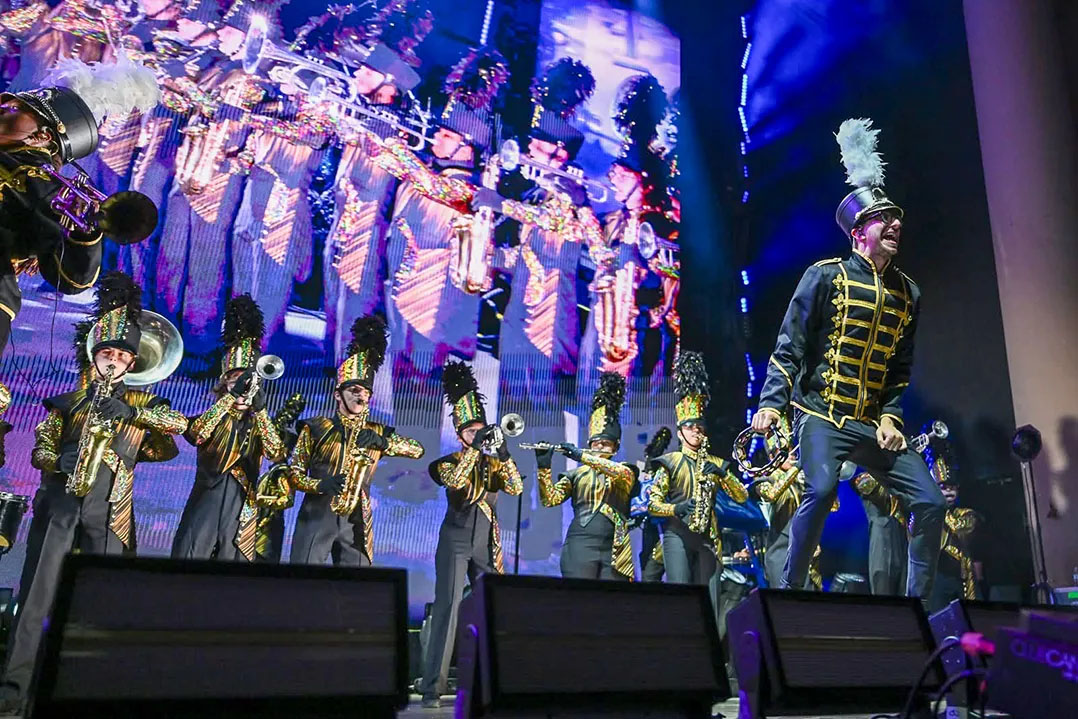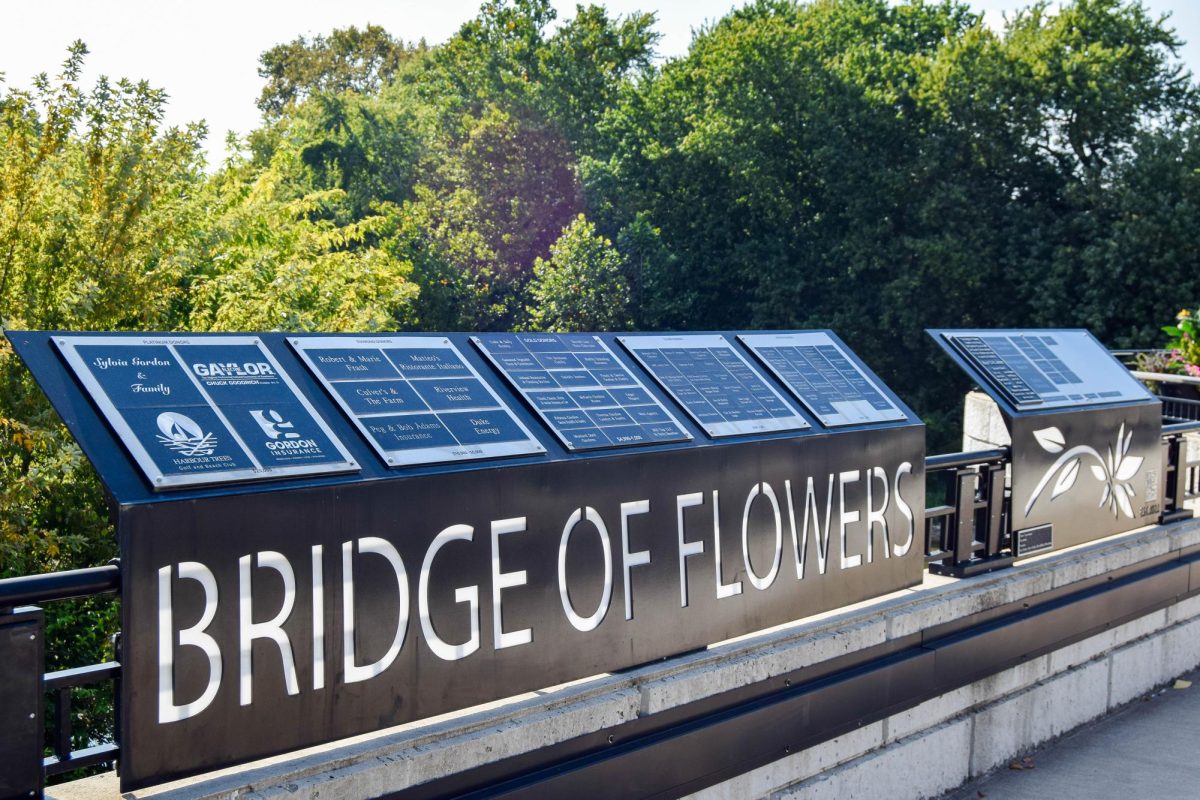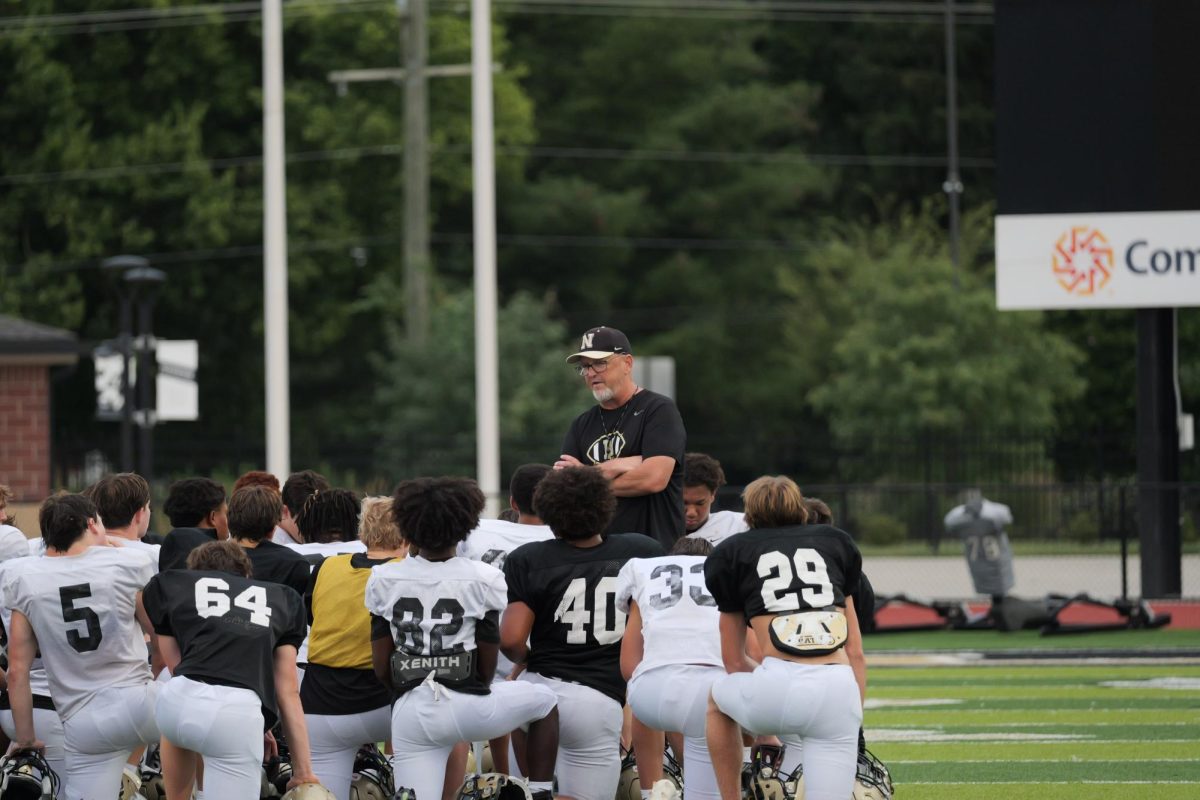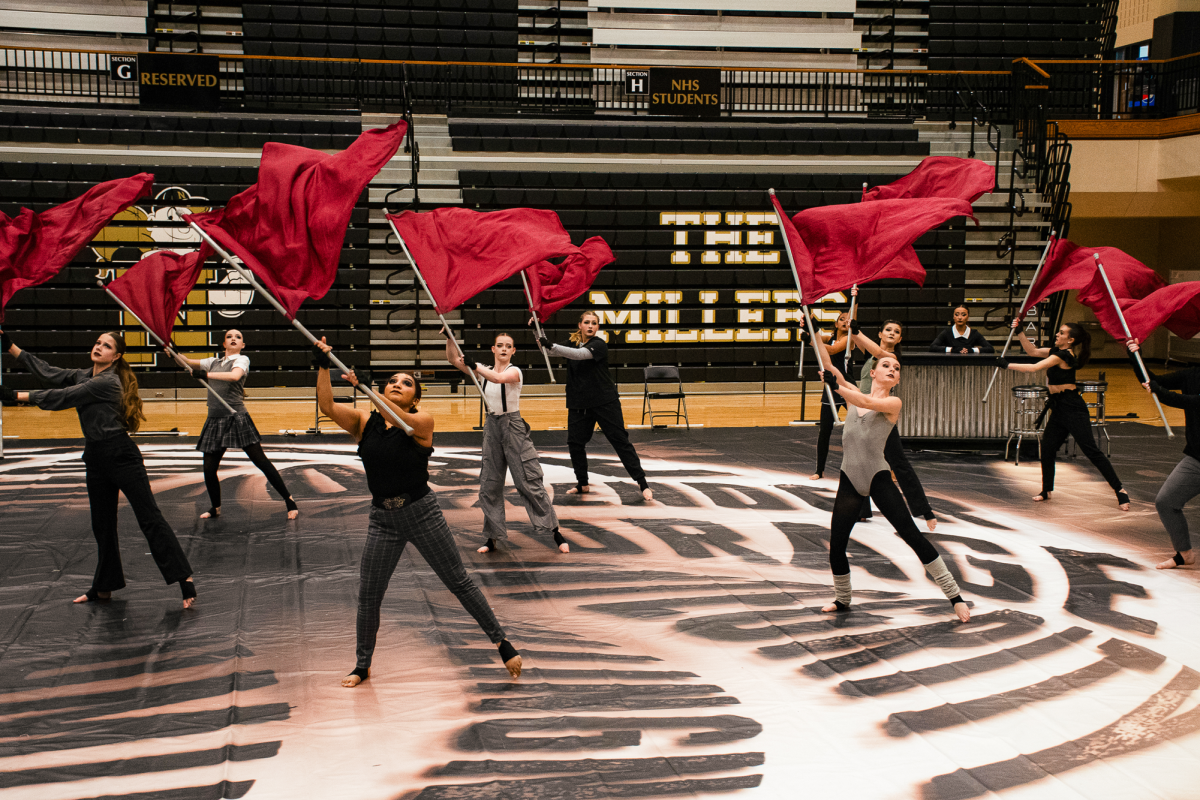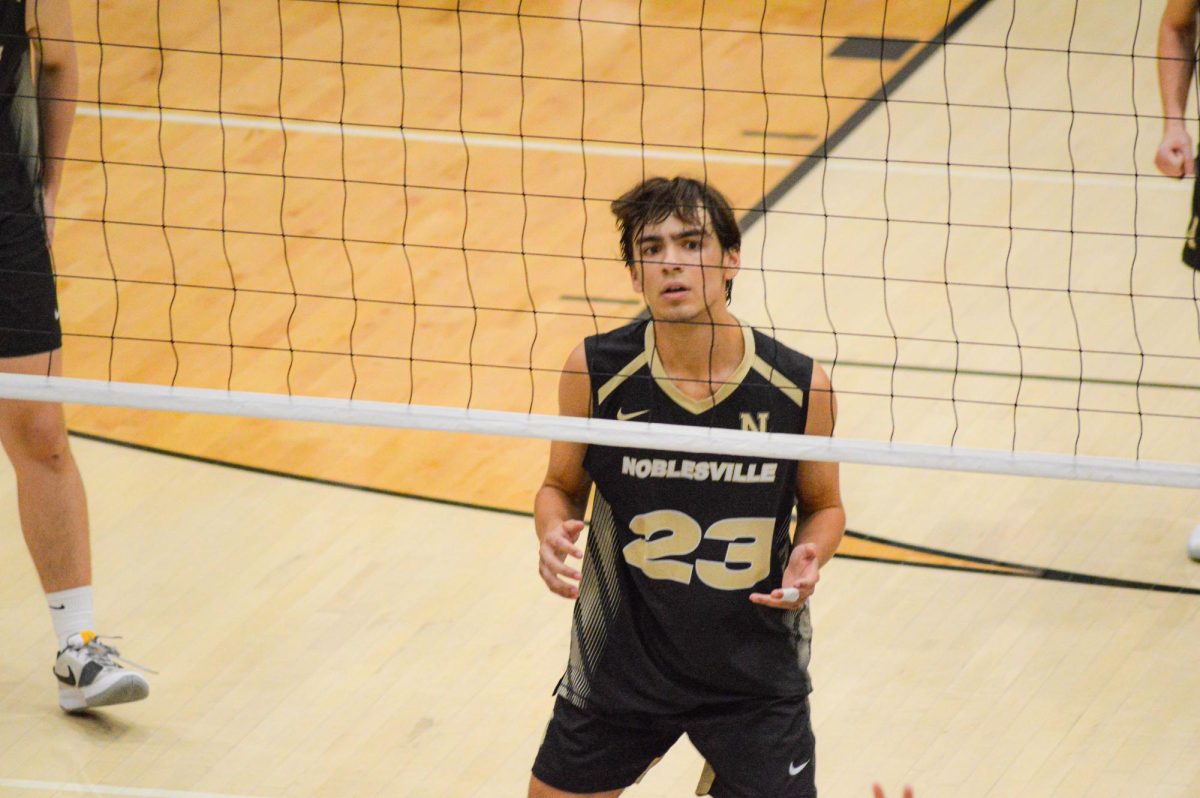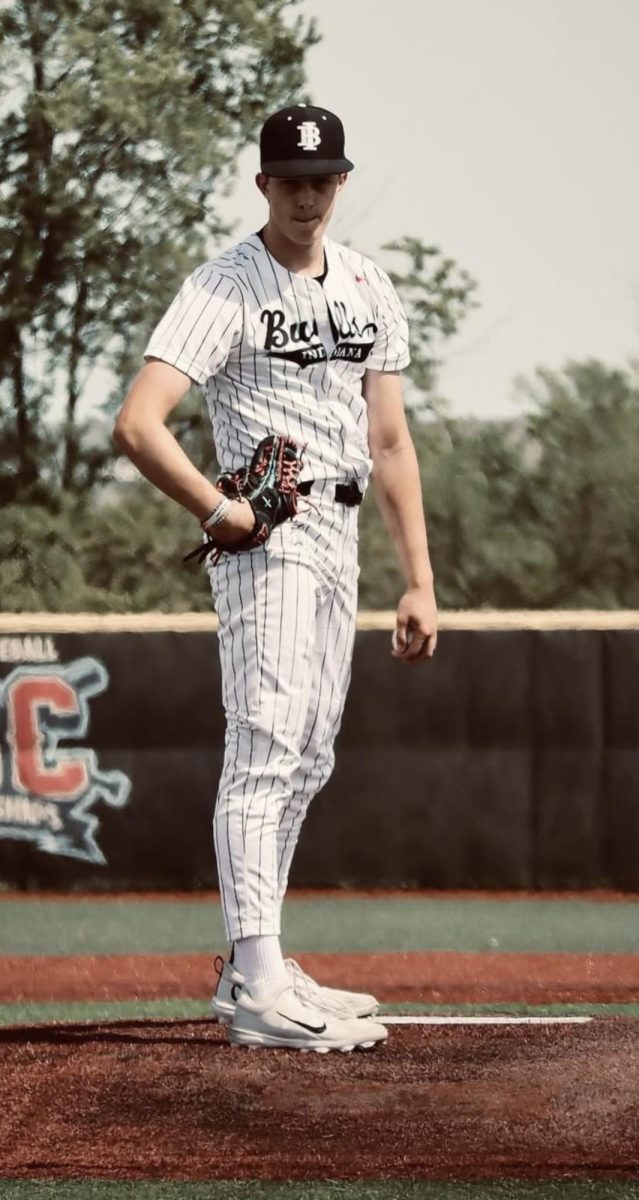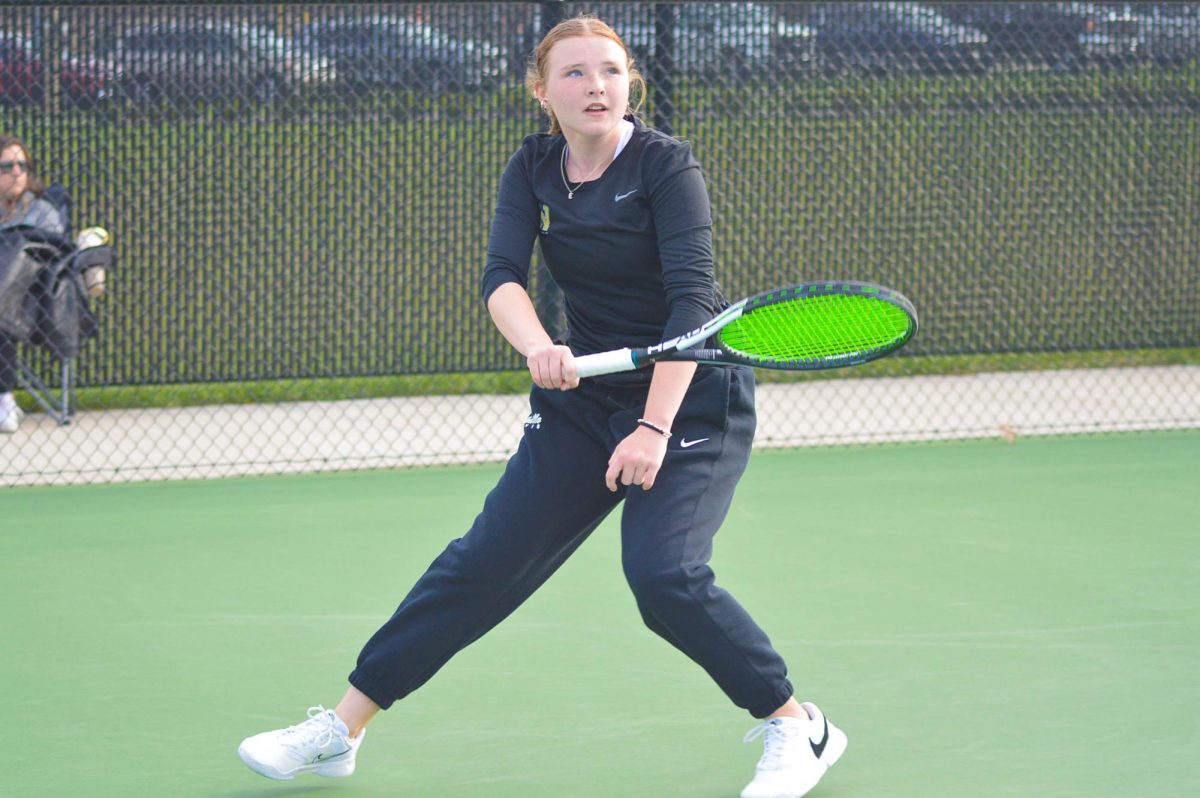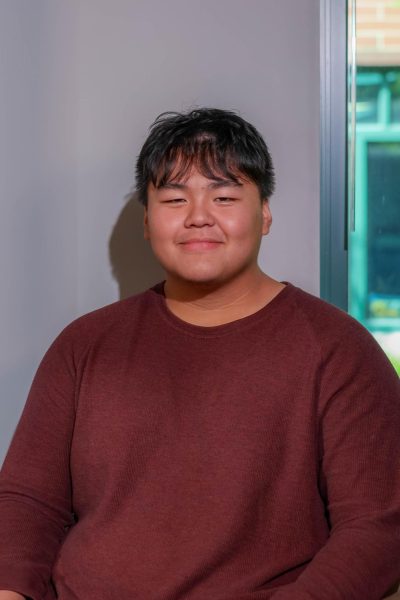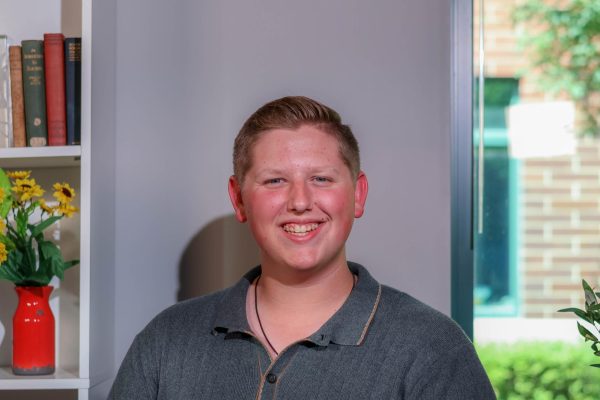Beneath the stadium’s lights, where players sprint and crowds cheer, another group moves swiftly behind the scenes. They’re armed not with helmets and pads, but with tape and ice packs. They kneel by twisted ankles, rush across fields with filled water bottles, and keep the sideline steady when things get rough. They’re not in the spotlight, but they’re always in the action: the student athletic trainers.
The program has been run by Gerald Mickler for five years. He says student athletes play an essential role on the field and these students are jumping into their role headfirst.
“Mainly they come out, and they help set up whatever sport they’re helping with. They help with first aid hydration, they’ll set up all the water, and they’ll help fill up bottles during practice and overall there’s just an extra set of hands,” Mickler said.
Student athletic trainers have a vital role in the school’s athletic department, but how did they get involved? What led them to athletic training? Senior Marjorie Lambert has been a part of the student athletic trainer program since her sophomore year, helping out both basketball and football athletes.
“When I quit soccer my sophomore year, I was looking to fill my time with something after school where I could still be involved in sports. I also knew that I was interested in the field of medicine, and I knew that sports medicine would be a good way to get my foot in the door,” said Lambert.
The program offers a variety of opportunities, such as a chance to meet and grow closer to a variety of different people. Lambert says she appreciates the shared experience of the program.
“My favorite part of athletic training is, without a doubt, the relationships that I have built with the other students. I have had so much fun traveling around the state on long bus rides, and ultimately building clear pathways to our futures in medicine,” Lambert said.
The program provides a lot of unique memories for participants like Teagan Riley, a senior at NHS who signed up to the program with Lambert. Riley aspires to go into kinesiology after graduation at Purdue.
“I can vividly remember the boys’ basketball team winning sectionals during my sophomore year. It was the end of my first full season with them, and it was incredibly rewarding to see their success, as I felt that I was a part of it,” Riley said.
Trainers say they gain a great deal of knowledge and skills through the training program. But for Lambert, the most important takeaway is the life skills that the experience cultivates.
“Learning about sports medicine has helped me deepen my understanding of
anatomy and physiology in athletes,” Lambert said. “But broader than that, it has helped me with my communication and time management skills, and it has given me a deeper understanding of the importance of teamwork.”



